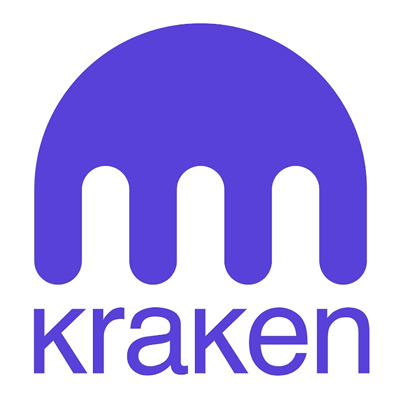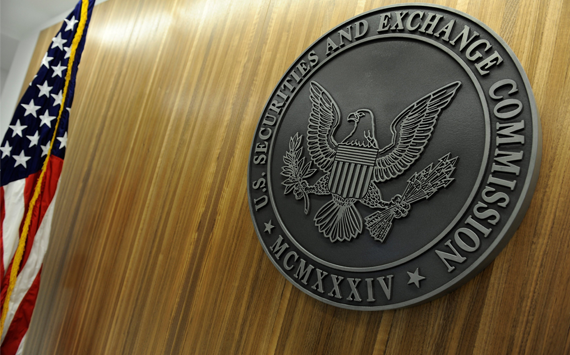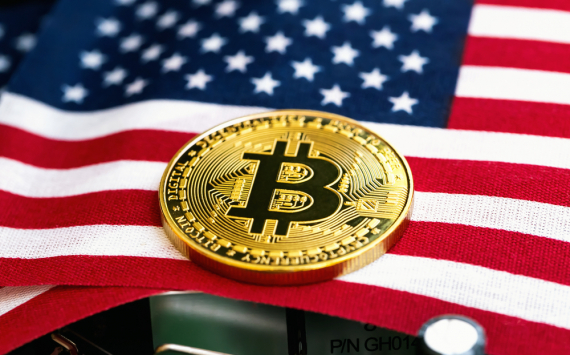Description
Kraken is a US-based cryptocurrency exchange, founded in 2011. The exchange provides cryptocurrency to fiat trading, and provides price information to Bloomberg Terminal. As of 2020, Kraken is available to residents of 48 U.S. states and 176 countries, and lists 40 cryptocurrencies available for trade. Kraken played a role in attempting to recover funds lost by investors during the 2014-15 Mt. Gox implosion. According to CoinMarketCap, Kraken is the 4th largest cryptocurrency exchange in the world (as of September 2020).
History
Founding & Launch (2011 to 2013)
In 2011, founder Jesse Powell visited the offices of cryptocurrency exchange Mt. Gox following that company's 2011 security breach. Powell told Bloomberg News he began working on Kraken as a replacement for Mt. Gox if that company were to permanently close, which it did in 2014.
In September 2013, Kraken launched after two years of testing and development. The exchange initially offered bitcoin, litecoin, and euro trades. It later added additional currencies and margin trading.
In July 2013, Kraken joined other U.S. American bitcoin players in the emerging payments and digital currency industry to form the Committee for the Establishment of the Digital Asset Transfer Authority (DATA). The stated aim of the committee was to establish DATA as the future self-regulatory body of the industry. DATA held its first annual meeting in April 2014.
In October 2013, Kraken announced that it had discovered major flaws in the Namecoin protocol and would not list the cryptocurrency until they were removed. Former Kraken COO Michael Gronager, during the security analysis for onboarding the new cryptocurrencies, spotted a major vulnerability in the domain registration system and a bug that left .bit domain names susceptible to attacks and reassignment. Although the flaws were soon fixed and Namecoin was listed on the Kraken exchange, it was de-listed two years later after a decline in its trading volumes.
Series A (2014 to 2015)
In March 2014, Kraken received a US$5 million Series A investment led by Hummingbird Ventures. Other investors included Trace Mayer and Barry Silbert (Bitcoin Opportunity Fund).
In April 2014, Kraken became one of the first bitcoin exchanges to be listed on Bloomberg Terminal.
In July 2014, Kraken was part of a group of businesses that advised Mineyuki Fukuda (who was a member of the Japanese parliament at the time) and his IT committee on forming the Japan Authority of Digital Assets (JADA). JADA is the first Bitcoin regulatory body with government backing.
In May 2015, Kraken announced the beta launch of margin trading, becoming one of the few bitcoin exchanges to offer trading on margin. Initially the maximum allowed leverage for trading long or short was 3x (later raised to 5x).
In June 2015, Kraken opened a bitcoin pool of Dark liquidity (or “dark pool”).
Coinsetter Acquisition & Series B (2016)
After its public refusal, Kraken expressed an intention to return service to New York residence pending the removal of what it perceived as unfair and counterproductive licensing. Coinsetter announced to clients in December 2015 that it would thenceforth impose a $65 fee to offset the cost of the very same BitLicense Kraken refused to afford. In absorbing Coinsetter, and by extension Cavirtex, the following month, Kraken opened up its platform to residents of 37 other states, and to all Canadian residents. Alongside this deal, Kraken announced partnerships with payment providers SynapsePay in the U.S. and Vogogo in Canada, in order to provide its newest clients with access to fiat deposits and withdrawals respectively.
One month later, Kraken announced the completion of its Series B round of investment lead by SBI Investment, a prominent Japanese venture capitalist firm under SBI Holdings. Following this investment round, Kraken announced two major acquisitions that year: Dutch exchange CleverCoin, which was acquired in June, and Glidera, a cryptocurrency wallet service allowing users to directly fund Glidera bank accounts with fiat for the purchase of cryptocurrencies on the Kraken exchange.
Cryptowatch Acquisition & SPDI Charter (2017 to present)
In April 2017, Kraken launched fiat funding options to transfer denominated US dollars and government-issued currencies.
Not long after Monero was listed Kraken continued to list additional crypto-currencies in the following months, such as USDT, MLN and Dash. In March Kraken acquired popular website Cryptowatch a real time charting site for crypto-currencies that is often used by day traders. During the acquisition they also hired the founder of Cryptowatch Artur Sapek to help integrate Cryptowatch into Krakens systems and further the development of the platform.
In August 2017, Kraken listed Bitcoin Cash - a hard-fork of Bitcoin with all clients that held bitcoin before the fork receiving an equal amount of Bitcoin Cash. By December 2017 Kraken was registering up to 50,000 new users a day.
On January 10, 2018, Kraken suspended trading for over 48 hours while it performed an upgrade which was intended to take only 2 hours. Since first opening in 2011, this was the longest interruption to service. In April 2018, Kraken announced the closing of its services in Japan, after operating since October 2014, by the end of June due to the rising costs of doing business there.
In February, 2019, Kraken announced that it had raised $100 million in a direct offering to its largest customers at a $4 billion valuation.
In May 2019, Kraken filed a motion in California's Marin County Superior Court to identify ten anonymous reviewers on Glassdoor, and have requested the identities of the 10 former-employees from Glassdoor. Kraken is suing the ten reviewers, claiming they are former employees in breach of their severance contract. The EFF, which represents the anonymous reviewers, claims that identifying the reviewers would harm their first amendment speech rights and chill the speech of others.
In June 2019, Kraken received $13.5 million from 2,263 individual investors via a BnkToTheFuture special purpose vehicle.
In September 2020, Kraken was granted a special purpose depository institution (SPDI) charter in Wyoming, becoming the first cryptocurrency exchange to hold such a charter in the United States.


























